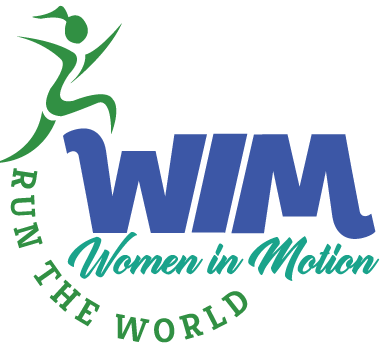Have you ever tried to drive your car with the gas tank on empty? You can go a few miles, but eventually the car will just stop. You body works the same way. Without proper fuel, it will just stop. Like your car, your body requires regular maintenance. Let’s consider that a healthy diet. Yeah, you can eat a donut every now and then, but if you only eat donuts, you will not get very far. You will also probably have very high maintenance costs to pay in the future (like dealing with diabetes, heart disease, and other ailments). You keep your car well-fueled most of the time and you should keep your body well-fueled as well.
But sometimes, you need extra fuel. This weekend I plan to drive 250 miles to Lake Tahoe, so my usual half a tank of gas is not going to cut it. Making sure the car’s tank is completely full before I leave is definitely on my “to do” list. And before I head out on a long run (or any activity of an hour or more), I also make sure to “top off the tank”. Just like there are different types of gasoline, there are different types of body fuel.
Fuel for your body is made of three macronutrients: carbohydrates, protein, and fat. Your body needs some combination of all three to keep running smoothly. There are many types of “lifestyle” diets out there and they all recommend different combinations of carbs, protein, and fat since it is practically impossible to eliminate any category from your diet completely. In my next several posts I will talk about the keto diet, the paleo diet, whole 30, and the pros and cons of each. However, these diets relate primarily to your body’s daily, ongoing fuel levels; so I will leave that discussion for future posts. Today’s topic is how to top off your tank before a big effort.
Carbohydrates are your body’s main source of energy: They help fuel your brain, kidneys, heart muscles, and central nervous system. The pre-race “carbo load” used to be quite popular. But subsequent research has shown that eating a big bowl of pasta the night before your race or long workout is not really going to help you as much as we previously thought. Like fat, carbohydrates come in good varieties and “junk” varieties. You will want to focus on carbohydrates that provide energy without providing processed sugars and all the other things that have a negative effect on your body. I will provide some examples of “good carbs” below.
Also, eating protein together with carbohydrates can help slow the rate at which the carbohydrates are released into your blood stream. Therefore, carbohydrates eaten with protein provide a longer-term source of energy than carbohydrates alone. Additionally, some research shows that including protein in your pre-workout meal may reduce muscle soreness post-workout by providing your body with immediate access to protein for recovery.
And finally, incorporating healthy fats into your pre-workout meal can help you feel more satisfied and therefore ensure that you crave less “junk”. The combination of healthy fats (which help you feel sated) and protein (which provides sustained energy and gives the muscles the tools they need to recover) together with carbohydrates (which provide an immediate source of energy) will help sustain you through a workout of longer than an hour.
Now that we have talked about how this works and why this works, what should you eat? Here are some of my go-to pre-long run favorites:
- Oatmeal with fresh fruit
- 2 slices of whole wheat or sourdough bread with 2 tbsps of nut butter and a banana
- Eggs with brown rice, couscous, or quinoa
And if you are going for a workout of two hours or more, you will want to carry some carbohydrates with you to keep your tank from emptying out along the way. While there are lots of packaged products you can buy for quick energy such as gels and blocks, you can also make your own to reduce your reliance on processed foods and know exactly what you are eating. Here are some great snacks for during your workout:
- Mini potatoes with salt (or plain, if you need to limit your salt intake)
- Tangerines or mandarin oranges
- Pretzels (with or without salt)
- Homemade trail mix
And one more word of advice, you want to stay away from high-fiber foods right before and during a race. Fiber is a carbohydrate, an important part of any healthy diet, and helps your body function smoothly. But no one wants to be that “smooth” during a long work out. Been there, done that, do not need to do it again!
